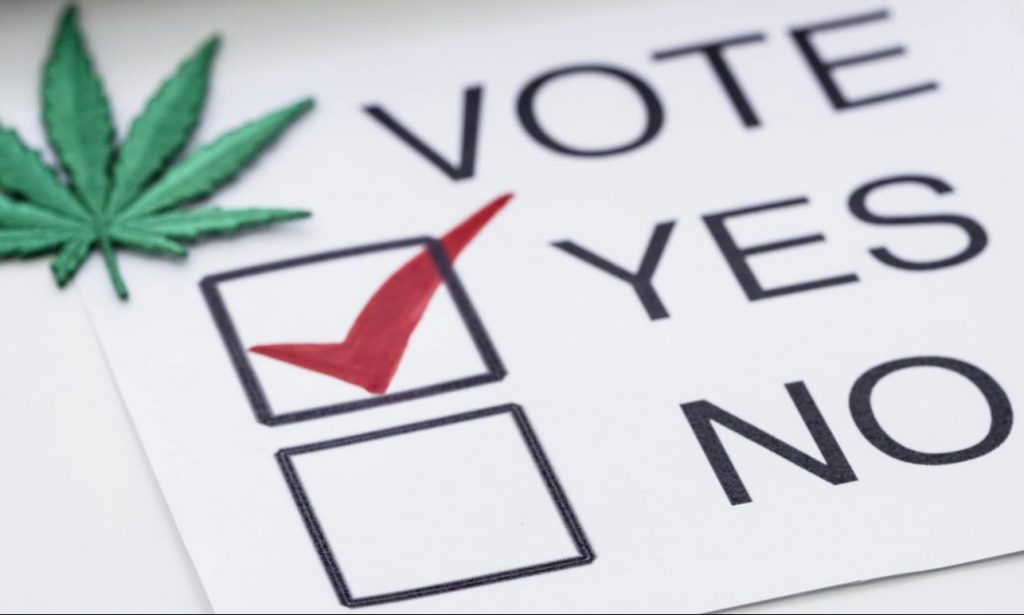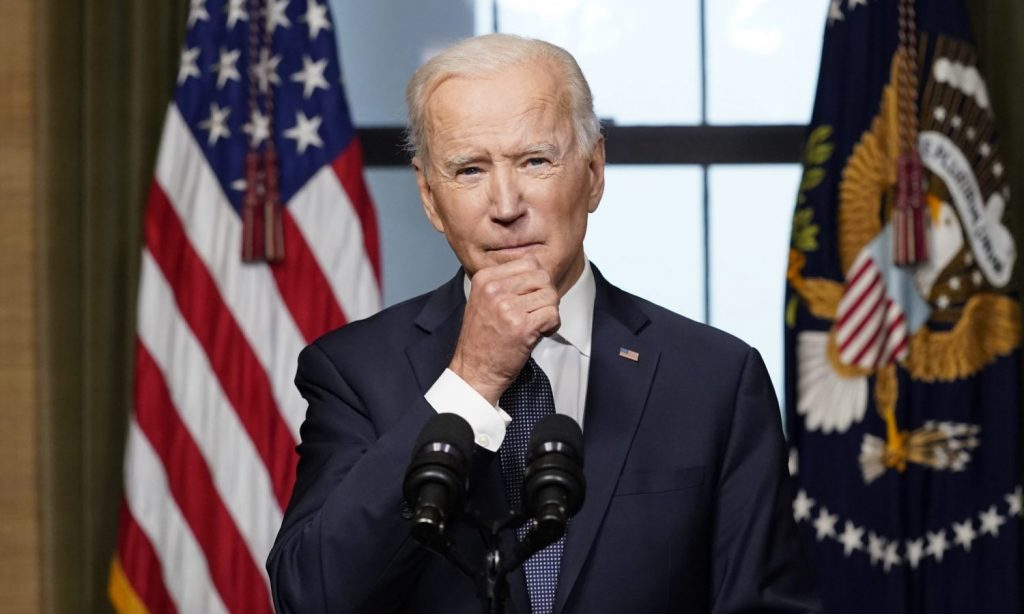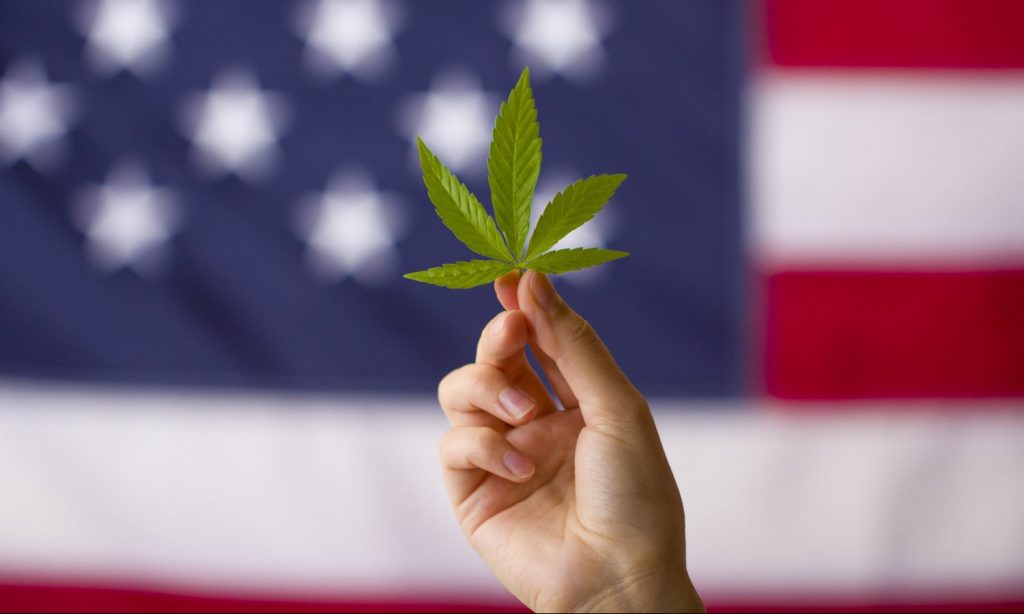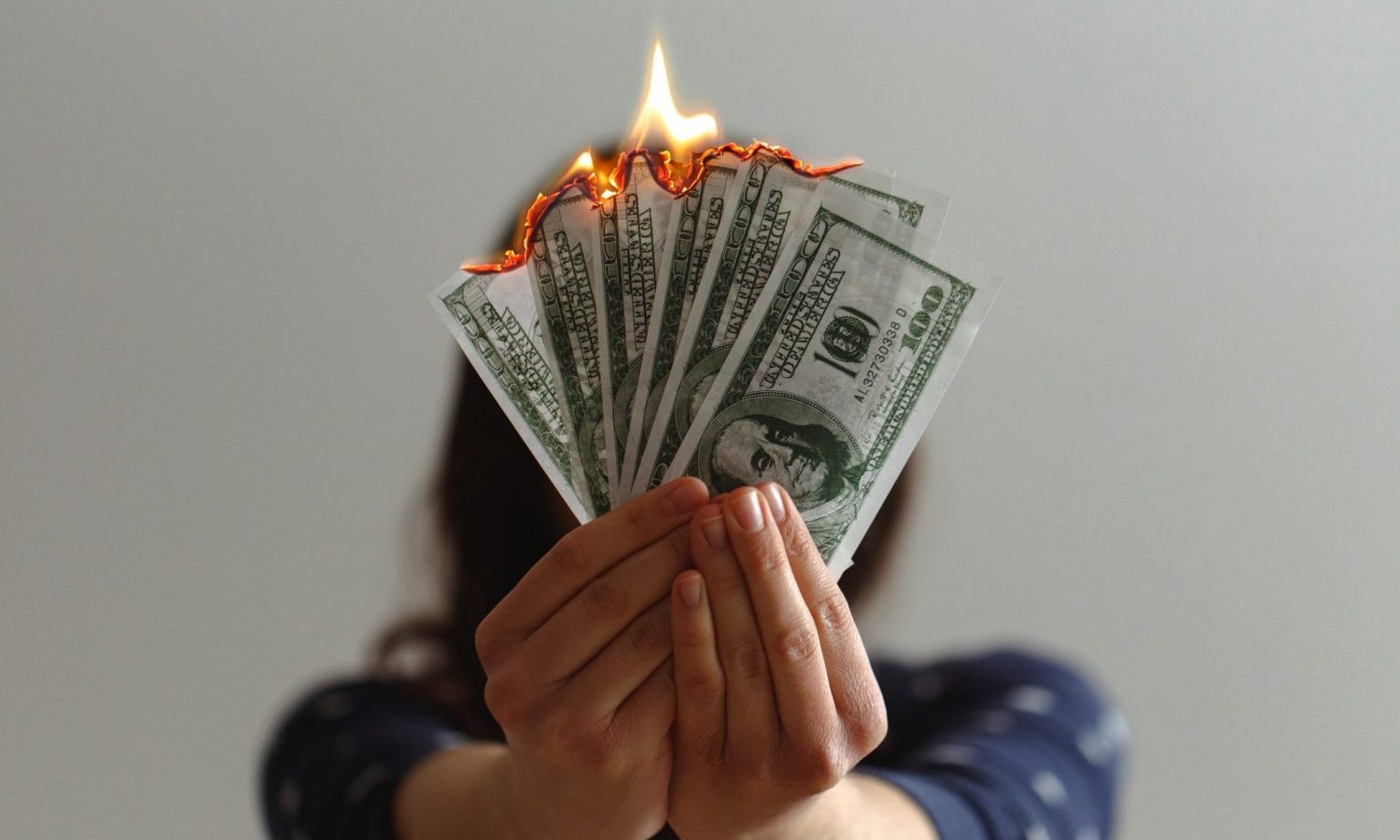Prohibition is doing nothing but using up public resources such as the police, who end up wasting time arresting cannabis offenders.
There are many reasons why we should end prohibition. Perhaps next to better access for those who need it, ending marijuana prohibition is going to benefit the economy greatly. But now marijuana prohibition cost the US $53 billion annually, it is a whole different game.
A shocking report published on AmericanMarijuana.org revealed that as a country, we’re losing $53 billion each year from prohibiting cannabis. The main reasons why it’s sending money down the drain is because the government instead chooses to spend money on cannabis enforcement as well as wasted tax revenues.
This substantial amount could go on to do many significant things for the population: treat the flu, fund treatment for COVID-19 patients, provide medical insurance for over 42 million Americans, buy a pack of alcohol sanitizers to every American, and so much more.

Why else do we need to end marijuana prohibition ASAP?
First and foremost, it isn’t working.
What else can be said about prohibition but that it’s failed BIG time? So many Americans are already using cannabis that it’s considered mainstream. Prohibition is doing nothing but using up public resources such as the police, who end up wasting time arresting cannabis offenders. And speaking of offenders, the law sends millions of Americans to jail, affecting countless lives. Even then, being convicted will seriously affect one’s ability to get a job, obtain housing, food assistance, student loans, driver’s license, and so much more.All for what? A drug that has been proven to save lives.
Prohibition does the opposite: it ruins lives and even promotes violence. Just look at how alcohol prohibition caused violence especially because of the underground market that ends up thriving. Consumers as well as dealers are prone to assault when they cannot resolve disputes the right way.
What Is The Government Doing?
President Biden’s changing stance on cannabis legalization is well-known by now. In the past he was adamantly anti-drugs, but during his 2020 Democratic Party Platform he says they would “decriminalize marijuana use and reschedule it through executive action on the federal level. It would support legalization of medical marijuana, and believed states should be able to make their own decisions about recreational use.”
As the Democrats have control over the White House and Congress, it’s expected that Congress will soon take the issue of cannabis legalization seriously. “Ending the federal marijuana prohibition is necessary to right the wrongs of this failed War on Drugs and end decades of harm inflicted on communities of color across the country,” says Senate Majority Leader Chuck Schumer, in a statement last February 2021.
RELATED: Cannabis Prohibition Is About To End — Does History Have To Repeat Itself?
However, last month, White House Press Secretary Jen Psaki refused to disclose if Biden is going to sign or veto a bill that would legalize marijuana should it arrive on his desk. “The president supports leaving decisions regarding legalization for recreational use up to the states, rescheduling cannabis as a Schedule II drug so researchers can study its positive and negative impacts and, at the federal level, he supports decriminalizing marijuana use and automatically expunging any prior criminal records,” Psaki said. “He also supports legalizing medicinal marijuana so that’s his point of view on the issue.”

“The War on Drugs has too often been a war on people, particularly people of color,” said Schumer during a speech that day. “It makes no sense – it’s time for change. I believe the time has come to end the federal prohibition on marijuana in this country, and I’m working with Senators Booker and Wyden to do just that.”
Federal Drug Agency Agrees
The National Institute on Drug Abuse (NIDA)’s director, Nora Volkow, agrees. She recently wrote an essay for the journal Health Affairs, making her case to stop incarcerating individuals for low-level drug crimes and instead consider this all as a major health crisis. Though she doesn’t blatantly say she supports decriminalization, in the essay she says that the current system is only causing disproportionate arrests targeted to people of color.
RELATED: Federal Marijuana Legalization Could Mimic End Of Alcohol Prohibition
More than the message, it’s important to note the source: NIDA has long been notorious for their stance of supporting prohibition. However, their director seems firm that abusing drugs isn’t a crime.
“Drug use continues to be penalized, despite the fact that punishment does not ameliorate substance use disorders or related problems,” Volkow says. “Imprisonment, whether for drug or other offenses, actually leads to much higher risk of drug overdose upon release.”
“We have known for decades that addiction is a medical condition – a treatable brain disorder – not a character flaw or a form of social deviance,” she says. “Yet, despite, the overwhelming evidence supporting that position, drug addiction continues to be criminalized. The US must take a public health approach to drug addiction now, in the interest of both population well-being and health equity.”

Volkow’s statements point toward harm reduction though Volkow doesn’t say outright that lawmakers should decriminalize cannabis. She does say that more research “is urgently needed to establish the effectiveness and impact of public health-based alternatives to criminalization, ranging from drug courts and other diversion programs to policies decriminalizing drug possession.”
From there, NIDA will be “redoubling its focus on vulnerabilities and progression of substance use and addiction in minority populations,” Volkow says. “We are exploring research partnerships with state and local agencies and private health systems to develop ways to eliminate systemic barriers to addiction care.”
Conclusion
If the government listens, and Congress takes action with the support of the President, decriminalizing cannabis shouldn’t be such a far-fetched pipe dream. With $53 billion out there at stake, taking decriminalization and ending prohibition should be taken more seriously than it is right now.
This article originally appeared on Cannabis.net and has been reposted with permission.


